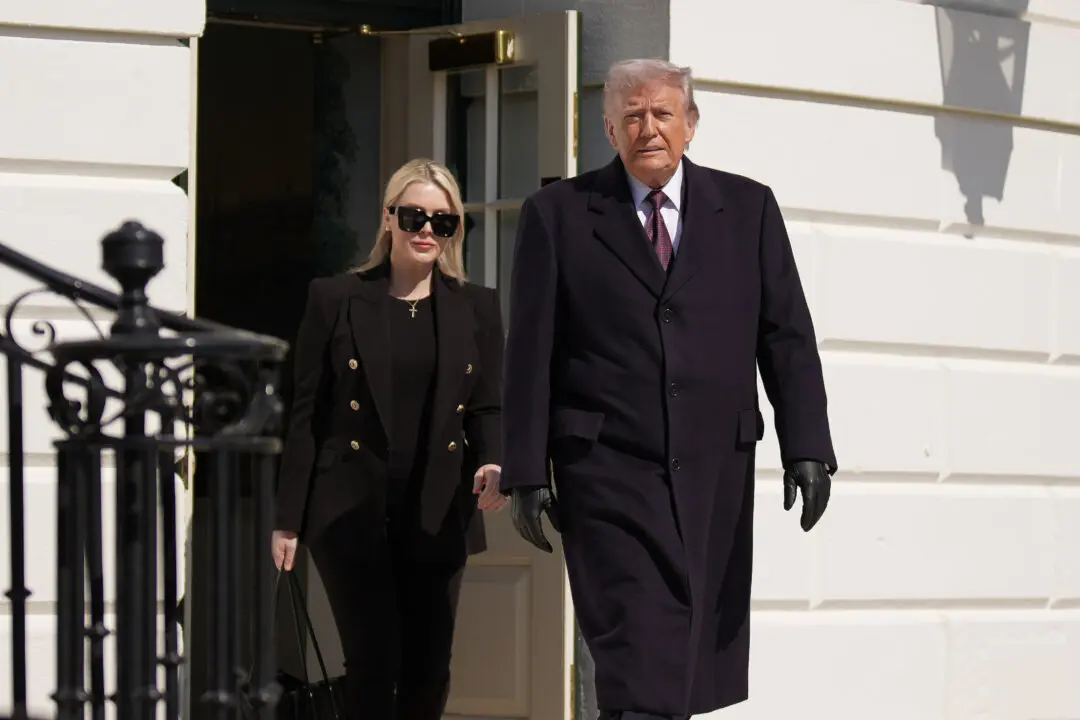WASHINGTON—The U.S. State Department issued a letter on Aug. 18 that warns American colleges and universities about the “growing threat of authoritarian influence” of the Chinese regime on U.S. campuses.
The letter also urged the institutions to divest from Chinese stock holdings in their endowments.





